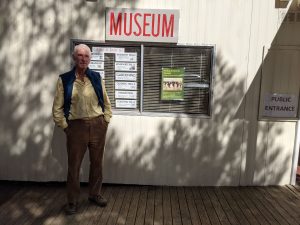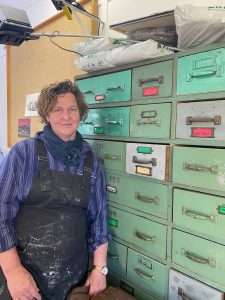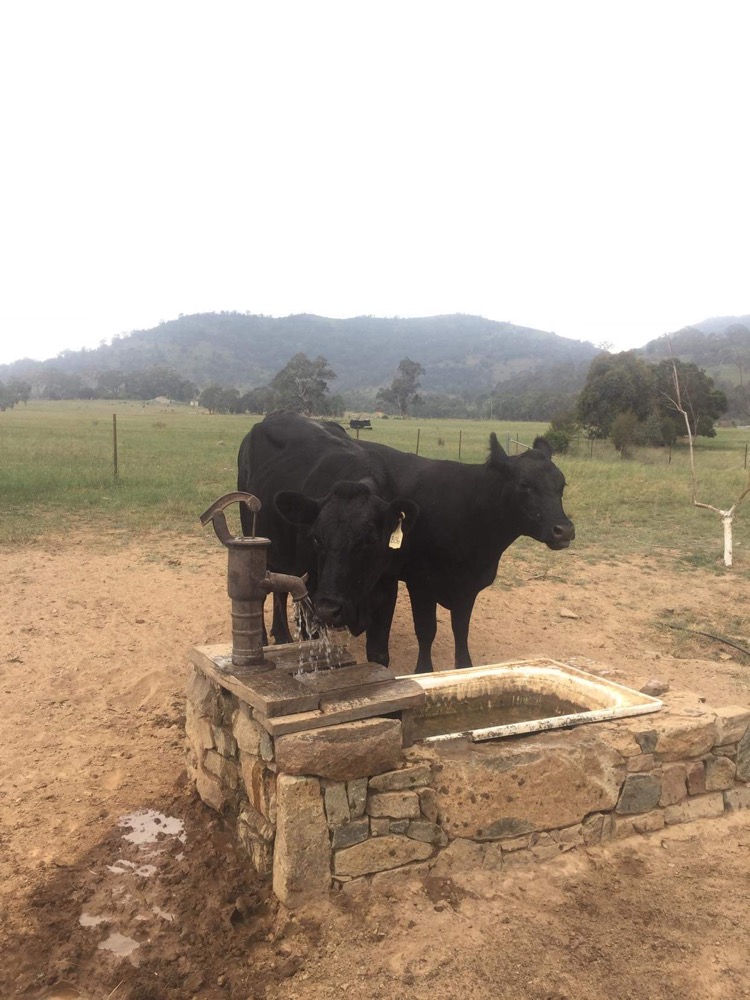Once they’re gone, they’re gone forever

Used with permission from Rare Breeds Farm
On a farm at Kangaroo Island, lives the last numbers of the Baudin pig breed. This breed came over from the UK in 1803 as part of the colonisation effort of Australia. Many of the initial pigs (like so many introduced species) became feral.
These pigs have played an integral part in the development of medical science, such as the controversial xenotransplantation procedure, which has the possibility to save many lives. The procedure is the process of transplanting animal organ or tissue matter into humans, where a human alternative is not available.
I got the chance to speak to the owner of ‘Rare Breeds Farm‘ about what is like having the last of a species, and the difficulties that he faces.
When William Marshall started up the farm in 2002, the idea was to protect rare breeds, educate people about them and continue the breeding line for others.
So far there are “30 pigs, including the young ones” on the farm, up from 11 just a few years ago. The idea is to “spread the breed around, and create more breeding stock so that the breed doesn’t die out”.
As the Baudin pig is quite unique, that is “basically different to other pig breeds, with unique alleles and a lower white blood count than other other pigs” it makes this pig particularly suited to human transplantation.
The wild breed was completely lost at the last bush fires in 2007, wherein the entire native population was lost, this was a big blow to the farm as they had hoped to get more breeding stock.
This means that the last of this breed, is located at this one farm.
I asked him what it was like having the last of these pigs:
“Its loosely termed good. Nerve wracking. We have precariously low numbers its a lot of responsibility”
Mr Marshall thinks these pigs are very important to our future and are a “part of our history and they shouldn’t be forgotten because once they’re gone they’re gone forever”.

Used with permission from Rare Breeds Farm
Story by Karolina Firman





Be the first to comment!